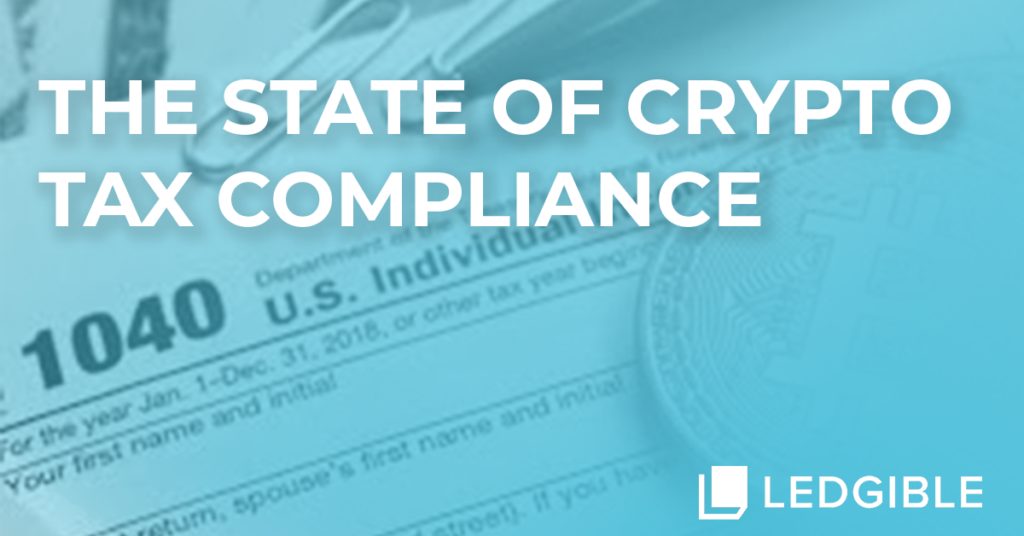When crypto emerged onto the market, it wasn’t well known and had little regulatory oversight. However, over the years crypto has grown in popularity and its use as an investment and financial service, the public has invested in crypto and the IRS has taken notice.

“We go far enough back and a lot of people thought that buying and trading crypto was anonymous and I think a lot of us know that it’s probably not true,” said Nik Fahrer, Director at Forvis Mazars, US, ranked among the largest public accounting and consulting firms. “Overall, there was a lack of taxation knowledge in the space.”
There was a misconception that crypto could not be traced if it was moved through mixers or if the exchange did not comply with Know-Your-Customer or Anti-Money-Laundering regulations. The rational at the time was the IRS was not educated and could not trace crypto holders.
At that time, the general public and the IRS were not well educated on how crypto worked. The belief was that if the holder of crypto does not liquidate the crypto, there is no taxable event. And if brokers did report taxable events, it was across 1099 MISC, K, INT, or B and did not include cost basis, gross payments, income or proceeds.
“From the broker perspective, we had chaos,” said Jessalyn Dean, VP of Tax Information Reporting at Ledgible, a leading digital asset tax and accounting platform. “Past income type transactions like interest, staking rewards or gross payments were not being reported on any 1099.”
There were a few years where 1099 K and MISC reported where taxpayers sold crypto, but these are not the correct forms for sale or exchange of capital assets. The primary mechanism to help the IRS find out about taxpayers make money on crypto is the John Doe Summons.
The general public and the IRS researched and learned – and became well-educated on the crypto space. Over the past few years the IRS has issued guidance and FAQs on digital assets. The IRS has also increased its tracking efforts adding a question to the 1040 form asking if taxpayers “receive, sell or exchange a digital asset”, hiring experts and partnering with software companies in the crypto space to trace transactions.
The IRS will know who owes taxes on crypto assets and taxpayers have been told to report crypto gains and losses, even without receiving a 1099. For the calendar year 2024, brokers are expected to send out 1099 MISC or NEC to customers to report income from staking or other rewards. Starting for calendar year 2025, brokers must issue a 1099-DA with gross proceeds on sales of digital assets to go out in early 2026. This is only the first step with costs basis of new digital asset acquisitions, gross proceeds and adjusted costs basis reporting in the following years.
Although it is still unclear how the IRS plans to deal with nuisances within the crypto space like mining, hard forks, DeFi, DAO and NFT as examples. The crypto tax space is going to be updated and revised over the next few years as new guidance and FAQs are released.
Learn more about the state of crypto tax from a recent webinar from Forvis Mazars and Ledgible “State of Crypto Tax 2025: The Great Migration from Chaos to Form 1099”
Disclaimer
This blog post does not constitute tax or legal advice nor does it constitute a tax or legal opinion. Independent tax and legal advice must be sought by our readers to assess their own circumstances against these final and future regulations and guidance. This means that our assessment should, and will, change as differing interpretations are debated amongst industry working groups
About Ledgible
The Ledgible platform is built from the ground up to streamline digital asset tax information reporting and compliance. Ledgible ensures compliance for digital assets for some of the largest financial institutions in the world, including top 5 US banks, investment firms with $1B+ AUM, and top 10 crypto exchanges. As a SOC 1 & 2 Type 2 Certified platform, Ledgible is the trusted provider of choice for compliance and Form 1099 generation. We are ready to assist you in developing your customized fit-for-purpose tax reporting operating model. We customize our cost-basis tracking and reporting solution to fit your unique needs. Integration with our partners ensures your compliance needs are covered in customer onboarding, tax withholding calculations, and annual reporting.





